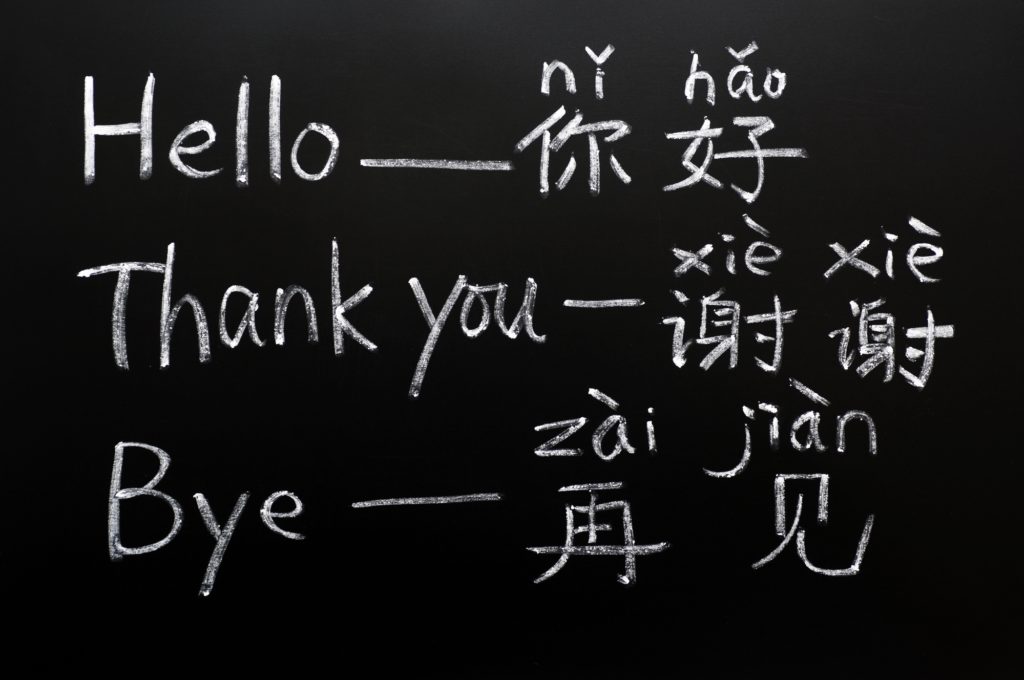By Atolwa Nicole Shitolwa, Crawford International School Mandarin Teacher
One of the greatest satisfactions about being a teacher is the ability to produce well-adjusted individuals who can cope with the demands of the 21st century. Increasingly, the world is seeking more tolerable individuals; understandably so. One would argue that our world faces major crises due to intolerance; either by individuals or communities. Learning Mandarin is a good avenue for training your child to be a global citizen by broadening their perspective.
Learning the Mandarin language makes them more tolerant towards other people by providing deep insights into Chinese culture, history, and philosophy, which is essential for fostering cross-cultural understanding in a globally connected world.
Chinese language learning is rapidly gaining popularity amongst Kenyan students and for good reason.
With the rising cases of youth disgruntlement due to lack of employment, mastery of Chinese language offers unique opportunities for employment. China is one of the world’s largest economies and plays a critical role in global trade, technology, and politics. China is also currently Africa’s second largest trading partner. Consequently, there are very many opportunities for collaboration on various areas of mutual interest. During the 2024 Forum on China Africa Cooperation (FOCAC) President Xi pledged over $50 billion in new financing for Africa. With a growing number of Kenyan business engaging with Chinese firms, young people fluent in Mandarin, have a competitive advantage in the job market.
Learning Mandarin offers access to innovation. China is a global leader in technology particularly in sectors such as artificial intelligence ,5G, E-commerce, clean energy and robotics. As China continues to advance in STEM (Science Technology Engineering and Mathematics) a student who studies Mandarin will be better placed to collaborate with experts and participate in research projects. Additionally, with China’s rapid technological progress, having a foundation in Mandarin ensures that your child stays competitive in an increasingly globalized and tech-driven world. As business and technology intertwine, language skills become very key in participation in the global tech-ecosystem. Learning Mandarin can also help students engage with educational resources and expertise from China in the emerging tech fields such as quantum computing and biotechnology.
In young children learning Mandarin Chinese improves the cognitive function such as enhanced working memory. Chinese characters comprise of different radicals. These radicals provide clues to meaning and pronunciation. Deciphering these characters requires learners to use logic and problem-solving skills. It also helps strengthen analytical thinking as it requires children to combine words and infer meaning from context.
Chinese calligraphy can help with kinesthetic learning: holding up a brush, applying varying pressure and certain movements develop muscle memory and finetunes motor coordination in children which is very key in their developmental growth. General research on bilingualism suggests that people who speak more than one language and use it regularly are less likely to develop dementia or experience delayed onset of symptoms.
In conclusion, studying Mandarin Chinese offers significant advantages in a rapidly globalizing world. As China’s influence continues to grow across the continent through trade, infrastructure development, and technological innovation, proficiency in Mandarin provides a strategic edge. It opens doors to numerous opportunities in education, business, and cross-cultural collaboration.
Moreover, with China being a global leader in technology and innovation, learning the language equips children with the skills needed to engage with emerging industries and expand their career prospects. Ultimately, mastering Mandarin fosters deeper connections between African nations and China, enhancing mutual growth and understanding.
